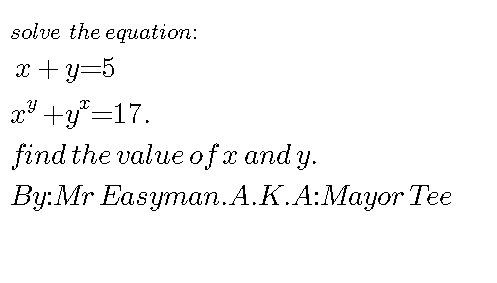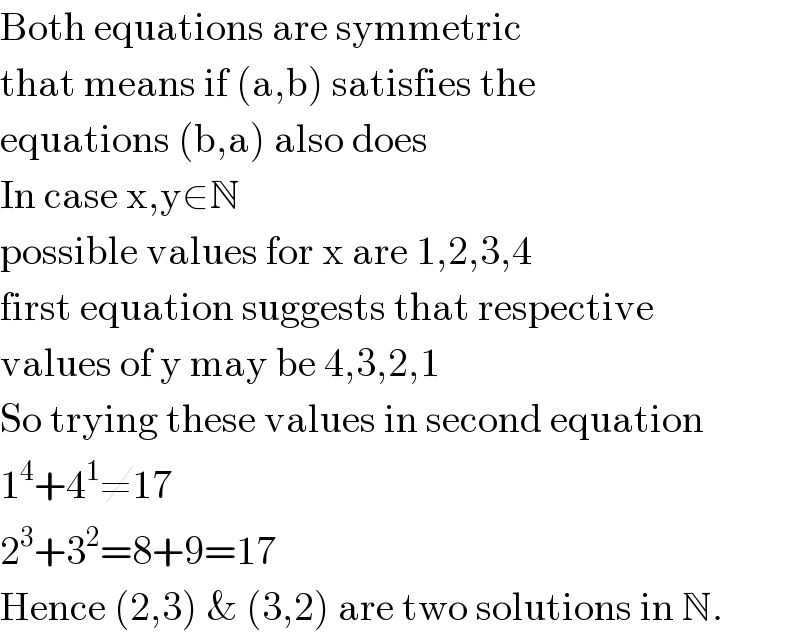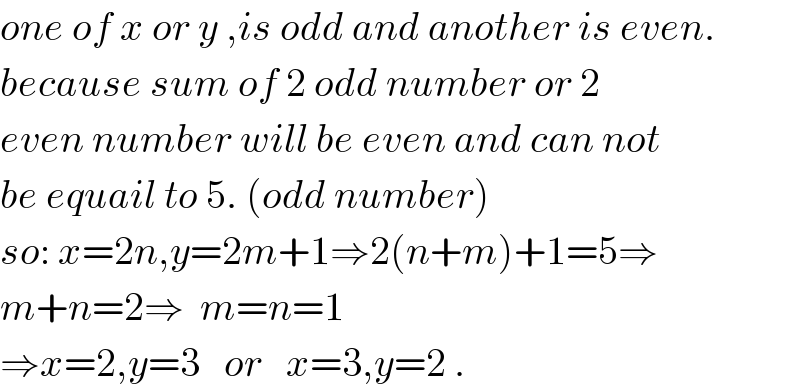
Question and Answers Forum
Question Number 15561 by Mr easymsn last updated on 11/Jun/17

Commented by Mr easymsn last updated on 11/Jun/17

Commented by RasheedSoomro last updated on 11/Jun/17

Commented by b.e.h.i.8.3.4.1.7@gmail.com last updated on 12/Jun/17

